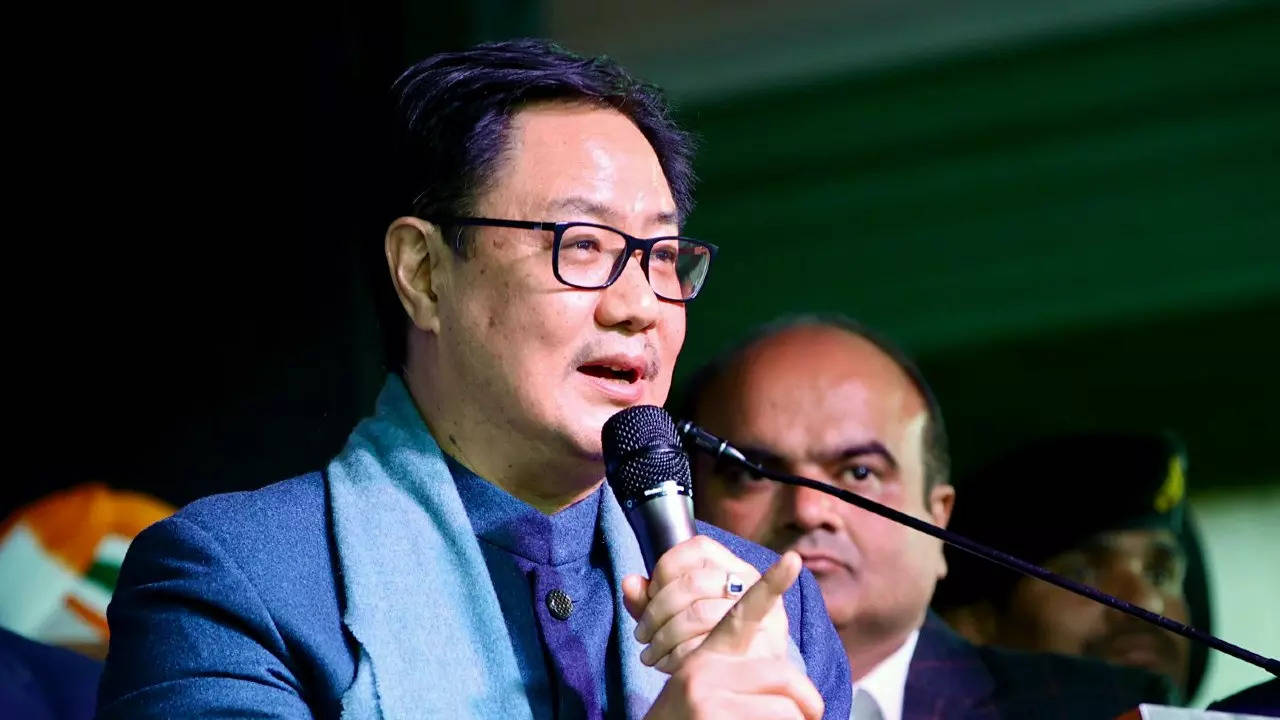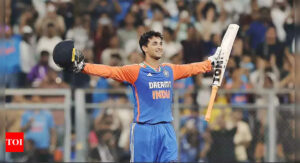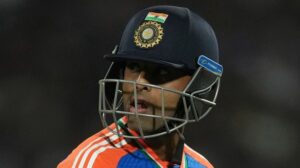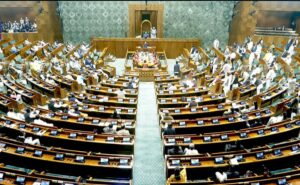Judges are not elected, so can’t be replaced: Law minister Rijiju | India News – Times of India

NEW DELHI: Union law minister Kiren Rijiju on Monday said that since judges don’t face elections, they do not face public scrutiny.
Addressing a Republic Day function organised at the Tis Hazari courts complex in the national capital, Rijiju pitched for a “robust and independent judiciary”, saying if the independence of the judiciary is diluted, democracy will not be successful.
The minister’s remarks came amid the ongoing wrangle between the Centre and the judiciary over appointment of judges through the collegium system.
“After becoming judges, they don’t have to face elections or scrutiny by the public, as people don’t elect you, they cannot replace you, but public is watching the judges, their judgments and the way they deliver justice, and make their assessments. In this era of social media, nothing can be hidden,” he said.
“If people elect us again, we will return to power. If they don’t, we’ll sit in opposition and question the government,” he added.
Rijiju on Sunday cited in his Twitter handle an interview of Justice RS Sodhi (retd), a former judge of the Delhi high court. Sodhi had remarked that the Supreme Court “has for the first time hijacked the Constitution” to such an extent that judges have decided to appoint judges, negating the role of the government.
Commenting on the interview, Rijiju tweeted: “Voice of a judge. . . Real beauty of Indian democracy is its success. People rule themselves through their representatives. Elected representatives represent the interests of the people and make laws. Our judiciary is independent and our Constitution is supreme.”
In his YouTube interview, Sodhi had said it’s the lawmakers who have the right to frame laws. “If there’s a deadlock between the government and the Supreme Court, who ultimately decides? It’s the President. He appoints judges, and how does he do it? With the counsel of the council of ministers,” he said, emphasising that Parliament is supreme in a democracy as its members are elected by the people of the country.
(With agency inputs)
Addressing a Republic Day function organised at the Tis Hazari courts complex in the national capital, Rijiju pitched for a “robust and independent judiciary”, saying if the independence of the judiciary is diluted, democracy will not be successful.
The minister’s remarks came amid the ongoing wrangle between the Centre and the judiciary over appointment of judges through the collegium system.
“After becoming judges, they don’t have to face elections or scrutiny by the public, as people don’t elect you, they cannot replace you, but public is watching the judges, their judgments and the way they deliver justice, and make their assessments. In this era of social media, nothing can be hidden,” he said.
“If people elect us again, we will return to power. If they don’t, we’ll sit in opposition and question the government,” he added.
Rijiju on Sunday cited in his Twitter handle an interview of Justice RS Sodhi (retd), a former judge of the Delhi high court. Sodhi had remarked that the Supreme Court “has for the first time hijacked the Constitution” to such an extent that judges have decided to appoint judges, negating the role of the government.
Commenting on the interview, Rijiju tweeted: “Voice of a judge. . . Real beauty of Indian democracy is its success. People rule themselves through their representatives. Elected representatives represent the interests of the people and make laws. Our judiciary is independent and our Constitution is supreme.”
In his YouTube interview, Sodhi had said it’s the lawmakers who have the right to frame laws. “If there’s a deadlock between the government and the Supreme Court, who ultimately decides? It’s the President. He appoints judges, and how does he do it? With the counsel of the council of ministers,” he said, emphasising that Parliament is supreme in a democracy as its members are elected by the people of the country.
(With agency inputs)







